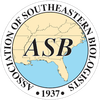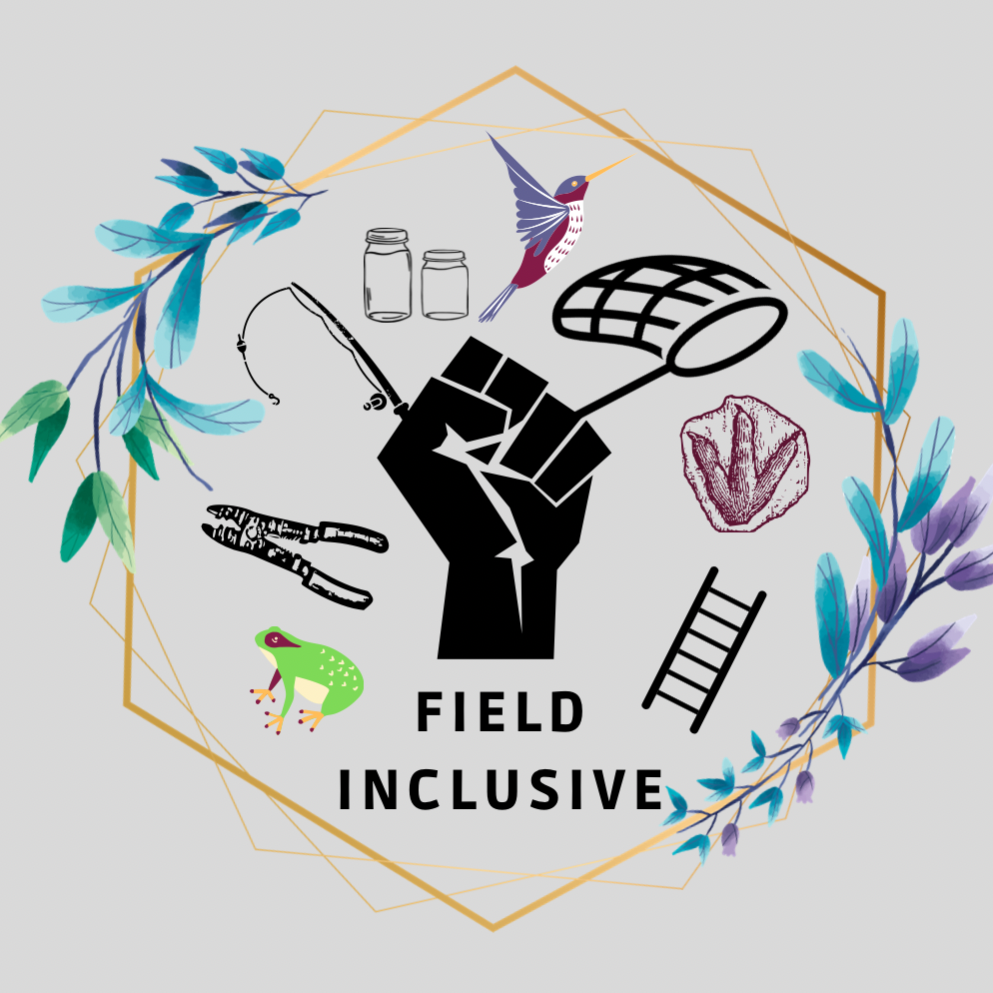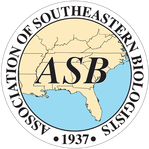COMMUNITY OUTREACH
ASB's mission is to promote biology in our communities and to affect positive change in the world. Below, you can see how the Association, as well as our Members and Affiliates, have been benefiting the community. If you know of ways that ASB and its members can affect change, please CONTACT US.
Spring Wildflower Pilgrimage in the Great Smoky Mountains National Park
|
The Spring Wildflower Pilgrimage (SWFP) is a 70+ year-old annual nonprofit event in which members of the public (AKA Pilgrims) can register for professionally-guided walks, exhibits, and other learning opportunities to explore the region's rich natural and cultural resources. Pilgrims from more than 40 states and several countries make the pilgrimage each year to learn more about fungi, ferns, wildflowers, trees and shrubs, medicinal plants, insects (terrestrial and aquatic), salamanders and snakes, birds, mammals (bats to bears), journaling, art and photography, and park history.
The SWFP is managed by the ASB Spring Wildflower Pilgrimage Committee. ASB members regularly serve as leaders. |
|
BIOSCIENCE TALKS Podcast
#ASB2024 was featured in the Bioscience Talks Podcast with James Verdier. Listen to learn about the great things our members are doing!
Field Inclusive
|
Check out the amazing work of Field Inclusive, Inc.
Field Inclusive strives to provide tangible and actionable improvements in natural resources by addressing social field safety issues related to justice, equity, diversity, and inclusion (JEDI). We seek to support all field biologists in the natural sciences through identifying and addressing field safety issues, developing field safety resources, and supporting marginalized researchers through financial aid and experiential learning opportunities. |


